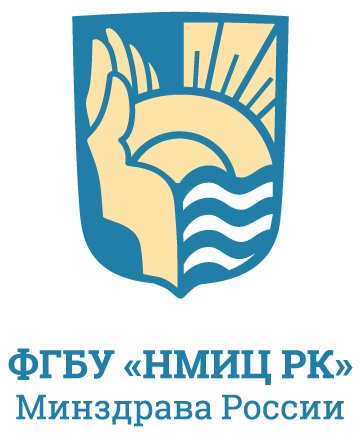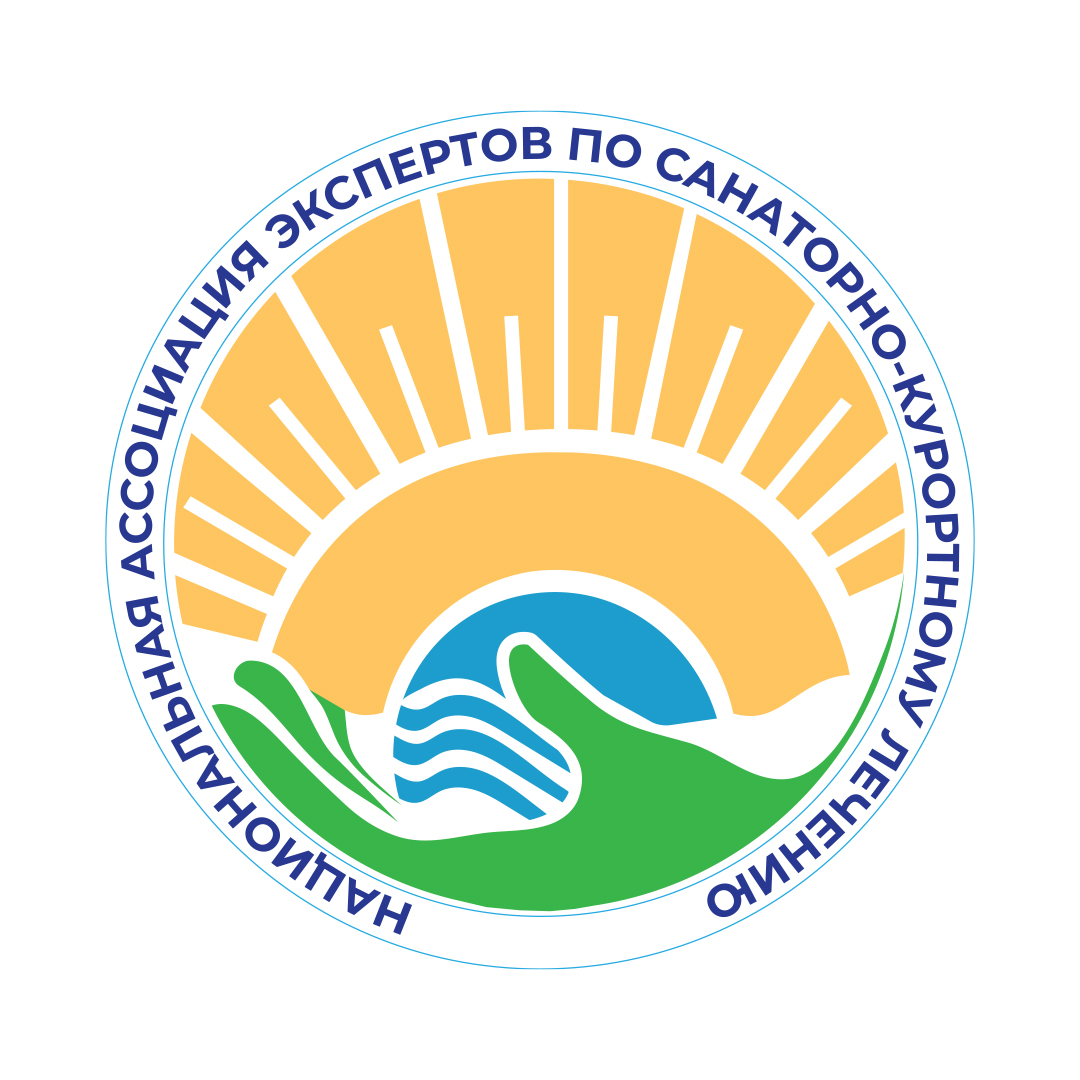Issue 5-22, 2023
Original article
Results of Audiovisual Stimulation and Psychotherapy in Psychological Correction of Emotional Disorders in Patients in the Late Recovery Period after an Ischaemic Stroke: a Prospective Randomized Study
1 ![]() Olga I. Odarushchenko, 1
Olga I. Odarushchenko, 1 ![]() Anna A. Kuzyukova, 1
Anna A. Kuzyukova, 1 ![]() Margarita B. Nuvakhova, 1
Margarita B. Nuvakhova, 1 ![]() Olga V. Yurova, 1
Olga V. Yurova, 1 ![]() Maxim Yu. Yakovlev
Maxim Yu. Yakovlev
National Medical Research Center for Rehabilitation and Balneology, Moscow, Russia
ABSTRACT
INTRODUCTION. Emotional and personality disorders that occur in patients after a stroke have a negative impact on the rehabilitation process, reducing its effectiveness, disrupting the motivation for treatment and quality of life. Today, comprehensive rehabilitation programs for patients in the late recovery period after acute cerebrovascular accident, aimed at psychological correction of emotional disorders, are becoming relevant.AIM. To study the effectiveness of audiovisual stimulation and techniques of rational-emotive and body-oriented psychotherapy on the emotional state of patients in the late recovery period after an ischaemic stroke.
MATERIALS AND METHODS. The study included 40 patients after an acute cerebrovascular accident (ACVA) in the late recovery period (from 6 months to 2 years after ACVA) aged between 45 and 75 years, average age 61.6 [53.95; 68.1]. The patients were randomized into two groups. The main group included patients (n = 20 people, of which 7 men, 13 women, age — 62.09 [53.5; 68.6] years), who underwent a complex basic rehabilitation program, including audiovisual stimulation and psychotherapy techniques; the control group included patients (n = 20, including 6 men, 14 women, age — 61.1 [54.4; 67.5] years) who underwent a basic rehabilitation program. For psychological diagnostics, the Hospital Anxiety and Depression Scale (HADS) and the author’s computer program were used to study the current emotional state. The statistical significance of differences before and after the treatment was determined using the nonparametric Wilcoxon test. To assess the statistical comparability of the two groups, the Mann-Whitney test was used (p > 0.05).
RESULTS. The use of audiovisual stimulation and techniques of rational-emotive and body-oriented psychotherapy in the psychological correction of emotional disorders in patients in the late recovery period after an ischemic stroke allows us to achieve a statistically significant effect in reducing state and trait anxiety, the level of chronic fatigue, as well as increasing the subjective comfort and quality of life (p < 0.05).
DISCUSSION. The study showed that patients in the late recovery period after a stroke before treatment experienced high levels of anxiety and depression and experienced a severe psycho-emotional stress. As a result of audiovisual stimulation and psychotherapy techniques, indicators of the negative emotional state of patients in the late recovery period after an ischemic stroke significantly decreased, mood improved, activity and tolerance to psychological stress increased.
CONCLUSION. A comprehensive rehabilitation of patients in the late recovery period after a stroke, aimed at psychological correction of emotional disorders, significantly improved the emotional background, increased tolerance to psychological stress, and also contributed to increased motivation for restorative treatment and rehabilitation.
KEYWORDS: anxiety, depression, state anxiety, trait anxiety, cognitive sphere, emotional and personal sphere, emotional disorders, psychological correction, ischemic stroke, rational-emotive psychotherapy, body-oriented psychotherapy, audiovisual stimulation
FUNDING: The study had no sponsorship.
CONFLICT OF INTEREST: The authors declare no apparent or potential conflicts of interest related to the publication of this article.
FOR CITATION: Odarushchenko O.I., Kuzyukova A.A., Nuvakhova M.B., Yurova O.V., Yakovlev M.Y. Results of Audiovisual Stimulation and Psychotherapy in Psychological Correction of Emotional Disorders in Patients in the Late Recovery Period after an Ischaemic Stroke: a Prospective Randomized Study. Bulletin of Rehabilitation Medicine. 2023; 22(5): 15-21. https://doi.org/10.38025/2078-1962-2023-22-5-15-21
FOR CORRESPONDENCE:
Olga I. Odarushchenko, E-mail: odaruschenkooi@nmicrk.ru, olgaodar@yandex.ru
References:
-
Tanashyan M.M., Raskurazhev A.A., Kornilova A.A. Cerebrovascular diseases and personalized prevention. Profilakticheskaya Meditsina. 2021; 24(2): 76–81. https://doi.org/10.17116/profmed20212402176 (In Russ.).
-
WHO reveals leading causes of death and disability worldwide: 2000-2019. Available at: WHO reveals leading causes of death and disability worldwide: 2000–2019 (accessed: 12.10.2023)
-
Fedin A.I., Badalyan K.R. Review of clinical guidelines for the treatment and prevention of ischemic stroke. Zhurnal Nevrologii i Psikhiatrii imeni S.S. Korsakova. 2019; 19(8–2): 95–100. https://doi.org/10.17116/jnevro201911908295 (In Russ.).
-
Isakova E.V., Egorova Yu.V. Non-drug rehabilitation of post-stroke cognitive impairment in elderly patients. Clinical Gerontology. 2020; 26(3–4): 34–42. https://doi.org/10.26347/1607-2499202003-04034-042 (In Russ.).
-
Kotov S.V., Isakova E.V., Sheregeshev V.I. Possibility of correction of emotional and behavioral disorders in patients with stroke in the process of rehabilitation treatment. Zhurnal Nevrologii i Psikhiatrii imeni S.S. Korsakova. 2019; 119(4): 26–31. https://doi.org/10.17116/jnevro201911904126 (In Russ.).
-
Odarushchenko O.I., Rachin A.P., Nuvakhova M.B., Kuzyukova A.A. Method for comprehensive medical and psychological rehabilitation of patients in the late recovery period after acute ischemic stroke. Patent for invention 2772400 C1, 05.19.2022. Application No. 2021121803, 07.22.2021. (In Russ.).
-
Odarushchenko O.I., Rachin A.P., Nuvakhova M.B., Kuzyukova A.A. A method for complex medical and psychological rehabilitation of patients using biofeedback (BF) in the late recovery period after acute ischemic stroke. Patent 2772542 C1, 05.23.2022. Application No. 2021122697, 07.29.2021. (In Russ.).
-
Odarushchenko O.I. A program for studying the patient’s current emotional state to choose the path of psychological rehabilitation. Navigator in the world of science and education. No. 02 (55)’ 2022. UDC 612. GRNTI 76.35.35. BBK 58. OFERNiO No. 25001. Registration date: 04.29.2022. Available at: https://ofernio.ru/portal/navigator/files/navigator_2022_2_55.pdf (accessed: 12.10.2023) (In Russ.).
-
Odarushchenko O.I., Rachin A.P. Method for comprehensive medical and psychological rehabilitation of patients in the late recovery period after acute cerebrovascular accident. Patent for invention 2724284 C1, 06.22.2020. Application No. 2019140891, 12.11.2019. (In Russ.).
-
Yurova O.V., Konchugova T.V. Primenenie apparatno-programmnogo kompleksa dlya korrekcii psihosomaticheskogo sostoyaniya cheloveka s pomoshch’yu programmiruemyh rezonansno-akusticheskih kolebanij signalov EEG (APK KAP KPS — «EKRAN»). Metodicheskie rekomendacii. Moscow. 2023: 35 p. (In Russ.).
-
Bushkova Yu.V. Neurorehabilitation predicated on the principles of evidence-based medicine: Austrian recommendations for the rehabilitation of post-stroke patients. Farmateka. 2019; 26(3): 20–26. https://doi.org/10.18565/pharmateca.2019.3.20-26 (In Russ.).
-
Urazaeva F.Kh. The use of binaural stimulation for the correction of emotional and affective disorders. Fundamental Research. 2006; (1): 110–112. (In Russ.).
-
Fedorov S.A. Reabilitaciya pacientov s posttravmaticheskimi stressovymi rasstrojstvami na osnove ispol’zovaniya metoda binaural’nyh vozdejstvij. Innovacionnye issledovaniya kak osnova razvitiya nauchnoj mysli. Sbornik nauchnyh trudov po materialam VII Mezhdunarodnoj nauchno- prakticheskoj konferencii — Anapa: Izdatel’stvo «Nacional’nyj issledovatel’skij centr ESP» v YUzhnom federal’nom okruge. 2023; 23–31. (In Russ.).
-
Digiuseppe R., Doyle K., Dryden W., Bax W. Rational emotive behavioral patience. St. Petersburg. Peter. 2021: 480 p.
-
Wang S.B., Wang Y.Y., Zhang Q.E. et al. Cognitive behavioral therapy for post-stroke depression: A meta-analysis. Journal of Affective Disorders. 2018; (235): 589–596. https://doi.org/10.1016/j.jad.2018.04.011

The content is available under the Creative Commons Attribution 4.0 License.
©
This is an open article under the CC BY 4.0 license. Published by the National Medical Research Center for Rehabilitation and Balneology.




